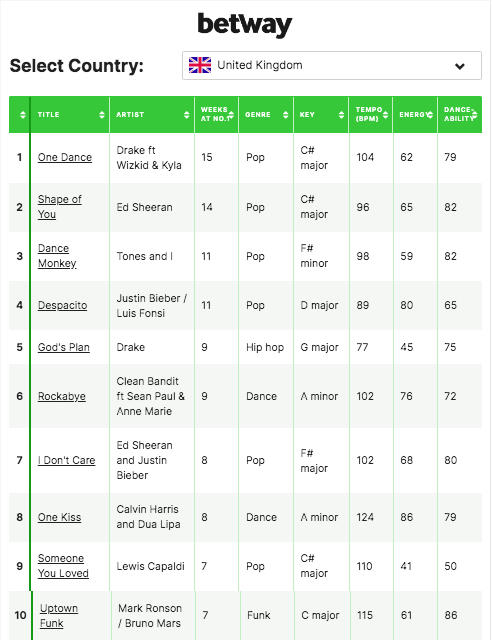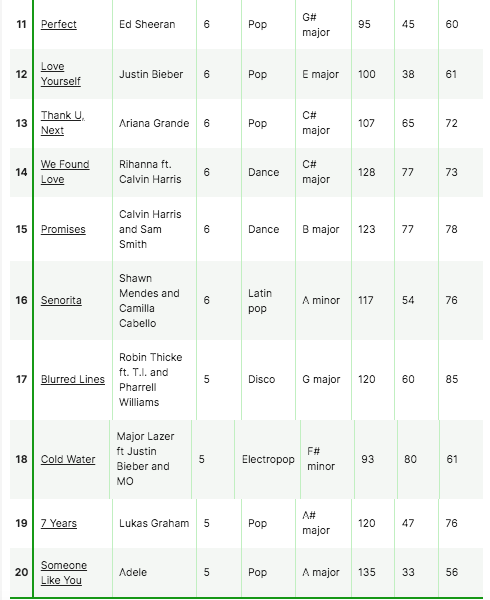
Music is definitely one of the things that define us as persons. Hence the famous sentence “Tell me what you listen to, and I’ll tell you who you are,” which was uttered by the American novelist and filmmaker Tiffanie DeBartolo.
One of the first questions we ask when meeting someone is what kind of music do they listen to, especially if it’s while meeting someone in an informal atmosphere, at a party or on the street. To some, it may seem like a pleasant and neutral topic of conversation but if it didn’t matter to us we wouldn’t give that much importance to analyzing people based on what they listen to.
The importance of music is shown by our daily behaviors: headphones that are constantly in our ears (we know you that don’t listen to audiobooks), t-shirts with pictures of favorite bands, tattoos of favorite verses… Music is a way to connect with others, to create a certain atmosphere, as well as to introduce ourselves to the environment, to people around us.
Does What We Listen to Define Us?
But, based on what we listen to, can we conclude what kind of persons we are? We obviously believe we can. How else do you explain the conversation with your best friend, saying: “I can imagine what he/she is like if he/she listens to…“? The rest of the sentence usually ends by comparing it to something that deviates from your music taste. Such conversations are an example not only of our belief that music testifies to people’s characteristics, but also beliefs that we all have the same conclusions.
It’s more than clear after all this stressed that people in each country have their own music taste. And that’s not some big revelation or novelty. But, it’s a novelty to see what song’s characteristics people in different countries prefer and why some songs managed to reach the top of the charts there.
Statisticians were able to separate 20 songs that were at No. 1 in the music charts of 22 countries, counting the last decade. They created an interactive chart gathering all those songs and listed them by their elements and technicalities trying to figure out what those tracks that managed to top the charts have in common.
Here are some highlights based on calculated formulas:
Top 5 countries in which songs with fastest average tempo succeed (BPM)
- Mexico (128)
- Japan (127)
- Brazil (1221)
- Belgium (121)
- Italy (118)
Top 5 countries in which songs with the highest average energy score succeed (out of 100)
- Spain (81)
- Japan (80)
- Brazil (76)
- Argentina (75)
- Italy (71)
There are several more criteria that were taken into consideration in this interactive chart such as genre, key, danceability, and time signature.
Psychology of Stereotypes
A series of repeated researches deal with the topic of identification with music, asking two important questions: Do we all think the same way when it comes to the connection between music and personality, and does the type of music accurately describe the people who listen to it?
Before researchers began to draw conclusions based on music, there were only a few papers on this topic. These papers stated that a person’s musical preferences affect how people see them.
Some of the conclusions are that women who listen to classical music are seen as more attractive and sophisticated, and women who listen to heavy metal as aggressive rebels. There were also works that presented information about how we see an entire group listening to a certain music genre. Fans of pop music are considered attractive, but also conventional, while fans of classical music are rated as conservatives and intellectuals.



You must be logged in to post a comment Login